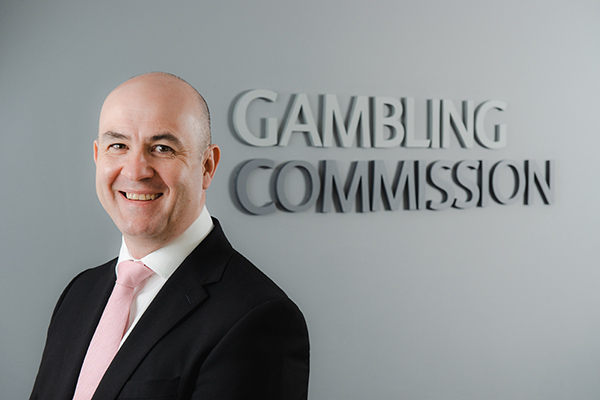Romanian government publishes plan for 40% tax on withdrawals
The Romanian government has published the country’s new draft Fiscal Code, featuring a tax hike on gambling withdrawals to as much as 40%.
The new code was published by the Ministry of Finance, and contains updates to the country’s tax laws.
Previously, gambling withdrawals in Romania of less than RON66,750 (£11,579/€13,493/$13,980) were taxed at 1%, while withdrawals of up to RON445,000 faced a 16% tax – plus an additional payment of RON667.50 and withdrawals beyond that total were taxed at 25%.
However, now withdrawals of up to RON3,000 will be taxed at 10%. Withdrawals of more than RON3,000 but no more than RON10,000 are taxed at 20%, plus a RON3000 fee. Beyond RON10,000, the tax rate will be 40%, plus a RON1,700 fee.
The tax will be applied with each withdrawal.
When the tax hike was first reported, trade body the Association of Remote Gambling Organisations (AOJND) said that it would push players towards illegal operators.
It estimated that – if the tax comes into effect – ..










